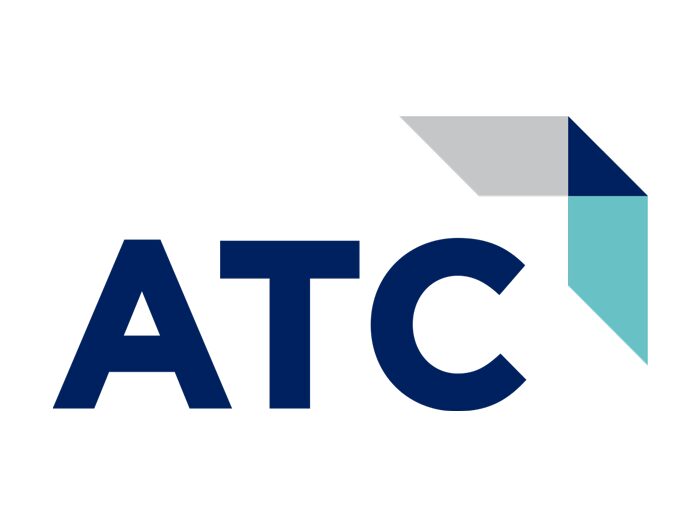
In today’s highly digitized world, the need to protect valuable data has never been more critical to your cybersecurity strategy. The digital landscape has witnessed a remarkable transformation, altering the way companies operate and manage their sensitive data. Cyber threats have rapidly evolved in the presence of remote work, targeting critical operations and hijacking vital files across various industries.
4 Reasons to Invest in a Robust Cybersecurity Strategy
Many companies, especially in industries traditionally considered less susceptible to cyber attacks, lack robust cybersecurity plans. For instance, the construction industry, which often tops the list of ransomware targets, often underestimates the risks associated with cyber threats. Similarly, the manufacturing sector, laden with data yet lacking a strong IT focus, becomes an attractive target for cybercriminals.
Preparing for a cybersecurity attack involves future-proofing your business by implementing offensive tactics such as policies, procedures, tools, and cyber awareness training in advance of threats. This proactive approach is far superior to the reactive stance of dealing with the aftermath.
Here are additional, compelling reasons why investing in a cybersecurity strategy and framework is vital to the long-term success of your business.
Safeguarding Against Business Disruption
The primary objective of a cybersecurity strategy is to shield your business from potential offline periods resulting from data or operations being hijacked. Once a cyber attack occurs, a significant data loss often forces a company offline for an average of 22 days. This downtime translates into staggering revenue losses, ranging from $10,000 per hour for small businesses to over $5 million per hour for large enterprises.
Shockingly, reports indicate that an estimated 60 percent of companies lacking a recovery plan go out of business when faced with major data loss.
Mitigating Financial and Reputational Damage
Even if a business manages to sustain its operations, the financial implications can be overwhelming, impacting shareholders and stakeholders alike. High-profile cases like Equifax, with a $425 million settlement, and Home Depot, fined about $200 million for a massive data breach, underscore the immense costs associated with cyber incidents. Moreover, a cyber attack tarnishes a company’s reputation with customers and partners, leading to a loss of business and potential legal ramifications.
Emphasizing Data Security and Compliance
In today’s business landscape, data is unequivocally the lifeblood of organizations. With data footprints expanding across diverse cloud providers, SaaS applications and endpoints, the risk of a data breach intensifies. Cyber criminals continually seek to exploit security vulnerabilities to access sensitive data dispersed across various data centers. Compliance with stringent data security regulations is critical.
Regulations like DORA, GDPR, CCPA, SOX, PCI and HIPAA all share the objective of preventing unauthorized access to sensitive information. To achieve robust data security and compliance, comprehensive solutions are necessary. These solutions, whether on-premises or in a hybrid cloud or multi-cloud, offer enhanced visibility and insights, aiding in the detection and remediation of cyber threats. Implementing security policies and access controls in near real-time, these solutions ensure regulatory compliance is met.
Strengthening Data Security Measures
A fundamental aspect of protecting sensitive data involves the following:
- Automating visibility.
- Controlling access policies.
- Implementing ongoing monitoring.
- Identifying risk.
In-house security or a team of cybersecurity consultants need to precisely know where critical data resides at all times and who has access to it. Identifying vulnerabilities and risks in real-time is crucial to prevent breaches, ransomware attacks, and other cyber threats.
A zero-trust approach to data management should be supported by an integrated suite of capabilities. This suite should include automatically created and securely isolated data copies, addressing cybersecurity gaps in on-premises or hybrid/multi-cloud deployments.
Take Proactive Measures to Mitigate Potential Risks
The evolving threat landscape demands proactive measures to mitigate potential risks effectively. By investing in a comprehensive cybersecurity strategy, your business can mitigate financial losses, protect its reputation, and ensure compliance with data security regulations. Contact ATC today to stay ahead of cyber threats and recharge your cybersecurity strategy.
Let’s Lock IT Down
To complement this blog on robust cybersecurity strategies, check out one video from our insight series “Let’s Lock IT Down” featuring ATC Delta Team Consultants, Chris Groh & Cameron Laughlin. This insightful 30-minute webinar delves into the latest cybersecurity trends, focusing on penetration testing. It underscores the necessity of proactive measures like stringent policies and cyber awareness training, emphasizing the importance of identifying vulnerabilities early. Learn from our consultants some practical advice for businesses aiming to fortify their cybersecurity posture against ever-evolving threat!








